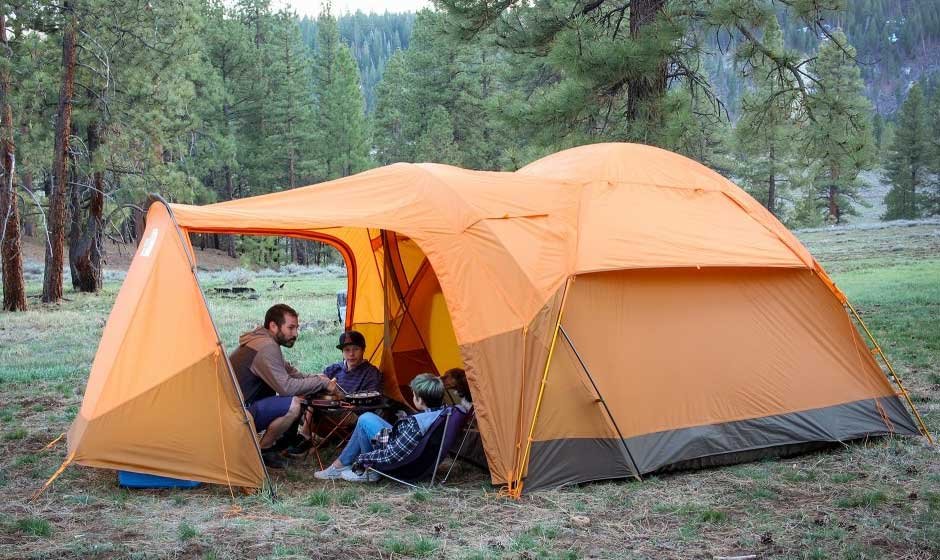When you plan a camping trip, choosing the right gear can make or break the experience. Picking the best camping equipment feels overwhelming, especially with lots of options on the market. However, by following a few expert tips, you can narrow down choices and enjoy your outdoor adventure with confidence. This article will teach you how to make smart decisions when selecting camping gear.
1. Consider Your Camping Style First
Car camping allows packing heavier items, while backpacking calls for lightweight gear that won’t slow you down. For instance, a large tent is perfect for car camping but a burden on a multi-day hike. Once your style is clear, consider trip length and season. Aside from that, aligning your camping equipment with these factors helps you avoid surprises and ensures a smooth outdoor experience.
2. Prioritize Quality Over Quantity
Investing in a durable sleeping bag designed for your climate ensures warmth and comfort throughout the night. That said, the most expensive gear isn’t always the best, so focus on trusted brands known for reliability and read user reviews to get honest feedback. Prioritize tents, sleeping bags, backpacks, and footwear since these items have the impact on comfort and safety, making it important to choose wisely.
3. Opt for Lightweight and Compact Equipment
Modern camping equipment offers excellent lightweight options that maintain durability and functionality. When choosing tents, look for high-tech materials that balance strength with lightness, while sleeping pads that roll or fold small save valuable space in your pack. Even cooking gear and camping plates now come in slim, lightweight sets designed for easy transport, so prioritizing compactness lets you stay comfortable.
4. Test Your Gear Before Heading Out
Setting up your tent in the backyard gives you a chance to learn the setup time, while sleeping on your sleeping bag and pad lets you check comfort levels. Practicing with your stove or water filter also familiarizes you with their operation, which can save time. This preparation uncovers any missing parts or defects, so when the real trip arrives, you won’t be troubleshooting gear in the dark or bad weather.
5. Think About Weather Protection
Look for tents with rain flies and sealed seams to keep water out, and sleeping bags rated for the coldest temperatures. Proper ventilation is also important because tents that trap heat or moisture can cause discomfort and even safety risks. Additionally, waterproof bags or covers will keep clothes and electronics dry, ensuring you stay comfortable and safe no matter what Mother Nature throws your way.
6. Invest in a Good Backpack
See for adjustable straps that align with your torso length and provide enough padding to prevent discomfort. Features like hip belts are essential since they spread the weight evenly and reduce strain on your shoulders. Choosing the right size matters too; a pack that’s too large might lead you to overpack. While opting one that’s too small limits what you can bring, so pick based on your trip length and type.
7. Don’t Overlook Safety and Navigation Tools
Carry a reliable headlamp or flashlight and a first-aid kit stocked with essentials. Navigation tools such as a GPS device and compass are lifesavers, especially if venturing into unfamiliar territory. Familiarize yourself with how these tools work before the trip, and always have backups. Technology sometimes fails, so knowing how to use a traditional compass keeps you prepared for emergencies.
Your Adventure Starts With the Right Equipment!
Considering your style, focusing on quality, and testing before use, you prepare for success. Weather protection, a good backpack, safety tools, and efficient cooking gear further enhance the experience. With these pro tips, selecting the best camping equipment becomes a breeze, letting you enjoy nature. If you are ready to gear up and hit the trail, start with these tips and discover the joy of camping prepared.






Leave a Reply